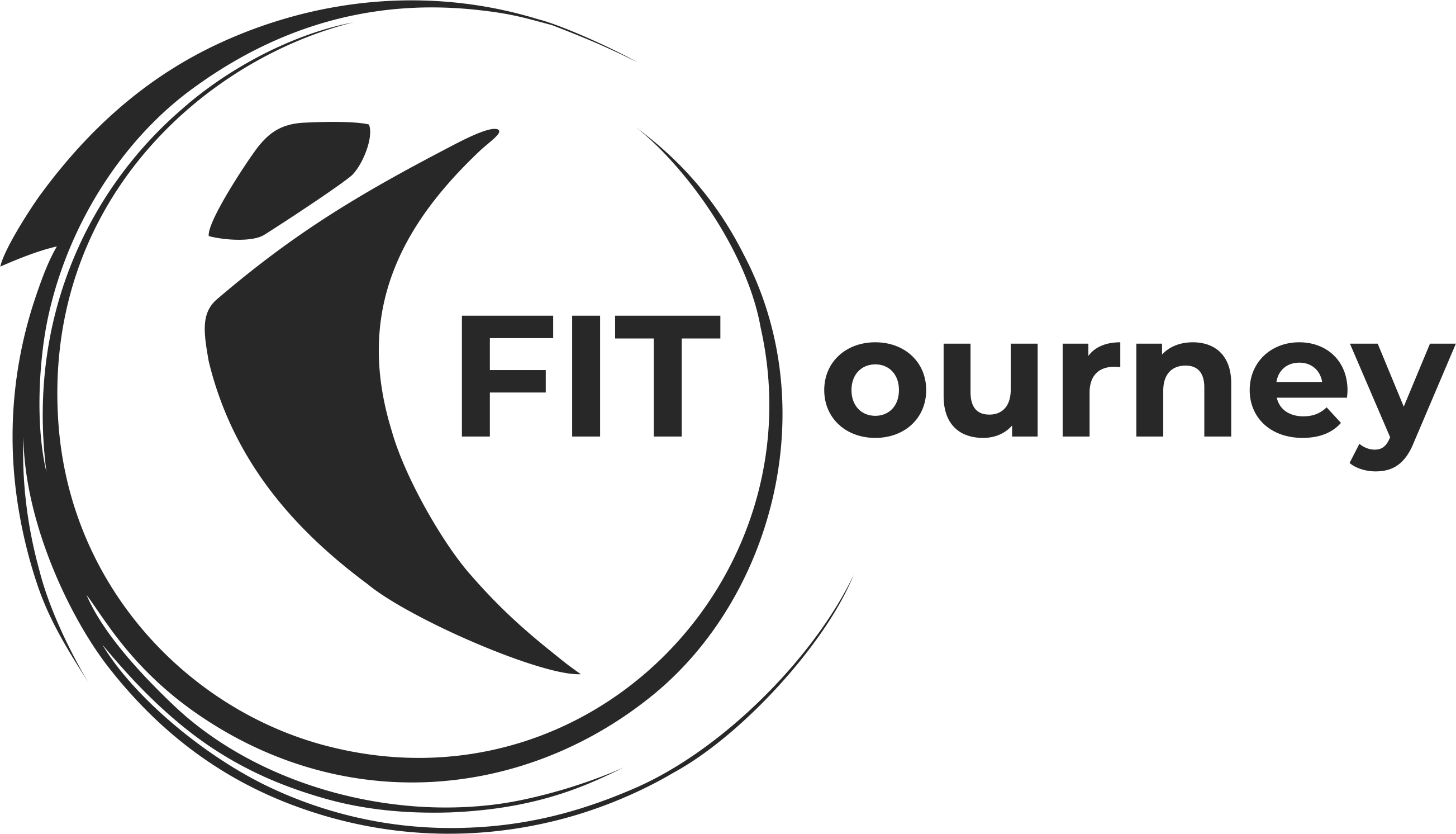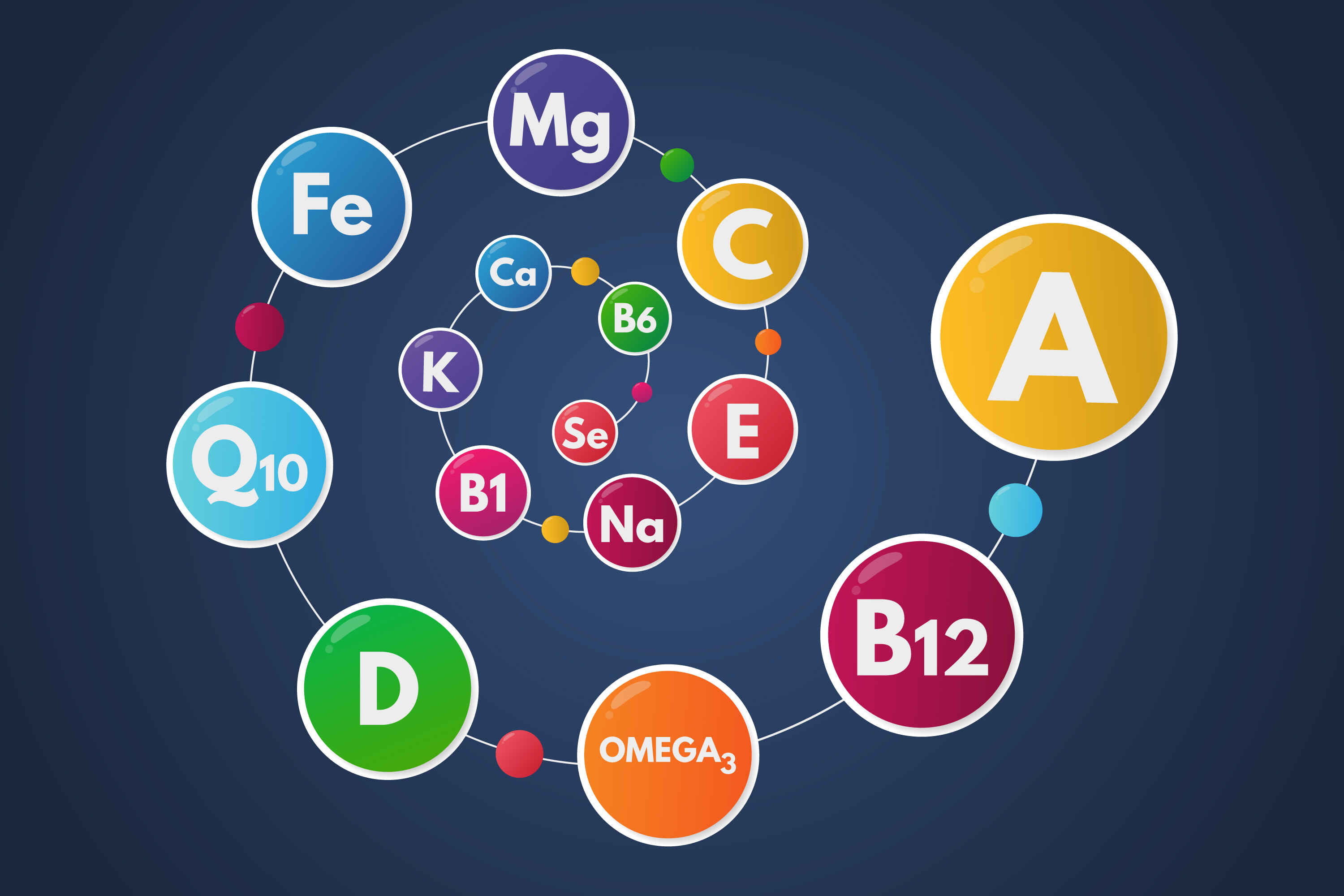Proper nutrition is fundamental for our body's growth and health, encompassing both macro and micronutrients. While macronutrients include proteins, carbohydrates, and fats, vitamins and minerals are classified as micronutrients.
Vitamins are the building blocks for the development of our body. These are organic compounds that our body needs in smaller quantities. Despite its small requirement, it plays a big role in the balanced development of our body.
While most people derive necessary vitamins from their diet, depending on their lifestyle and dietary habits, some might need supplements for a boost. Presently, 13 essential vitamins are recognised, which can be categorised as either water-soluble or fat-soluble.
Fat-soluble vitamins: These are vitamins that our body stores in the fatty tissue or the liver. The reserve of these vitamins can stay in our body for days and sometimes months. Vitamins A, D, E and K are fat soluble.
Water soluble vitamins: Unlike fat-soluble vitamins, water-soluble ones aren't stored long-term in the body. Instead, excess amounts are excreted through urine, necessitating their regular intake. This group comprises Vitamin C and all B vitamins.
Here's a deeper dive into the functions, deficiencies, and sources of these vitamins:
Vitamin A
- Function: It is good for eye health.
- Deficiency: A deficiency in vitamin A can cause night blindness and keratomalacia.
- Sources: Carrots, broccoli, sweet potatoes, butter, kale, spinach, pumpkins, collard greens, some cheeses, eggs, apricots, cantaloupe melon, and milk.
Vitamin D
- Functions: Vitamin D is important for the mineralisation of our bones.
- Deficiency: This may cause joint pain, rickets and osteomalacia.
- Sources: Direct exposure to the ultraviolet rays from the sun helps our body to produce vitamin D. Fatty fish, eggs, beef liver, and mushrooms are also some other sources.
Vitamin E
- Functions: It acts as an antioxidant, scavenging free radicals that can damage cells.
- Deficiency: It is rare to get a deficiency of vitamin E, but it may cause hemolytic anaemia in newborns. This condition destroys blood cells.
- Sources: Wheat germ, kiwis, almonds, eggs, nuts, leafy greens, and vegetable oils.
Vitamin K
- Functions: It is necessary for blood clotting.
- Deficiency: Deficiency in vitamin K can contribute to significant bleeding, poor bone development, osteoporosis, and increased risk of cardiovascular disease.
- Sources: These include leafy greens, pumpkins, figs, and parsley.
Vitamin C
- Functions: Vitamin C is responsible for collagen production, wound healing, and bone formation. It also our body strengthens blood vessels, supports the immune system and helps absorb iron.
- Deficiency: Poor wound healing, gingival swelling with loss of teeth, mucocutaneous petechiae, ecchymosis, and hyperkeratosis.
- Sources: These include fruit and vegetables, but cooking destroys vitamin C.
Vitamin B1
- Functions: It is responsible for producing various enzymes that help break down blood sugar.
- Deficiency: This causes Beriberi.
- Sources: These include yeast, pork, cereal grains, sunflower seeds, brown rice, whole grain rye, asparagus, kale, cauliflower, potatoes, oranges, liver, and eggs.
Vitamin B2
- Functions: It is vital for the growth and development of body cells and helps metabolise food.
- Deficiency: Deficiency causes inflammation of the lips and fissures in the mouth.
- Sources: Bananas, okra, chard, cottage cheese, milk, yogurt, meat, eggs, fish, and green beans.
Vitamin B3
- Functions: It is important for cell growth.
- Deficiency: It causes a condition called pellagra, which causes diarrhoea, skin changes, and intestinal upset.
- Sources: Chicken, beef, tuna, salmon, milk, eggs, tomatoes, leafy vegetables, broccoli, carrots, nuts and seeds, tofu, and lentils.
Vitamin B5
- Functions: It is vital for producing energy and hormones.
- Deficiency: It is rare but it causes fatigue, insomnia, depression, irritability, vomiting, stomach pains, burning feet, and upper respiratory infections.
- Sources: Meats, whole grains, broccoli, avocados, and yogurt.
Vitamin B6
- Functions: It is vital for the formation of RBC (red blood cells).
- Deficiency: Low levels may cause anaemia.
- Sources: These include chickpeas, beef liver, bananas, squash, and nuts.
Vitamin B7
- Functions: It works to metabolise proteins, fats, and carbohydrates. It also contributes to keratin, a structural protein in the skin, hair, and nails.
- Deficiency: Low levels may cause dermatitis.
- Sources: Egg yolk, liver, broccoli, spinach, and cheese.
Vitamin B9
- Functions: It is important for making DNA and RNA.
- Deficiency: Weakness, fatigue, irregular heartbeat, shortness of breath, difficulty concentrating, hair loss, pale skin, mouth sores.
- Sources: Leafy vegetables, peas, legumes, liver, some fortified grain products, and sunflower seeds.
Vitamin B12
- Functions: It is essential for a healthy nervous system.
- Deficiency: Lower levels may lead to neurological problems and some types of anaemia.
- Sources: Fish, shellfish, meat, poultry, eggs, milk and other dairy products, fortified cereals, fortified soy products, and fortified nutritional yeast.
Conclusion
Vitamins play pivotal roles in our body's health and development. Each vitamin supports specific functions and systems. To ensure optimal health, it's vital to consume a balanced diet rich in fruits and vegetables, providing a full spectrum of these crucial nutrients.

